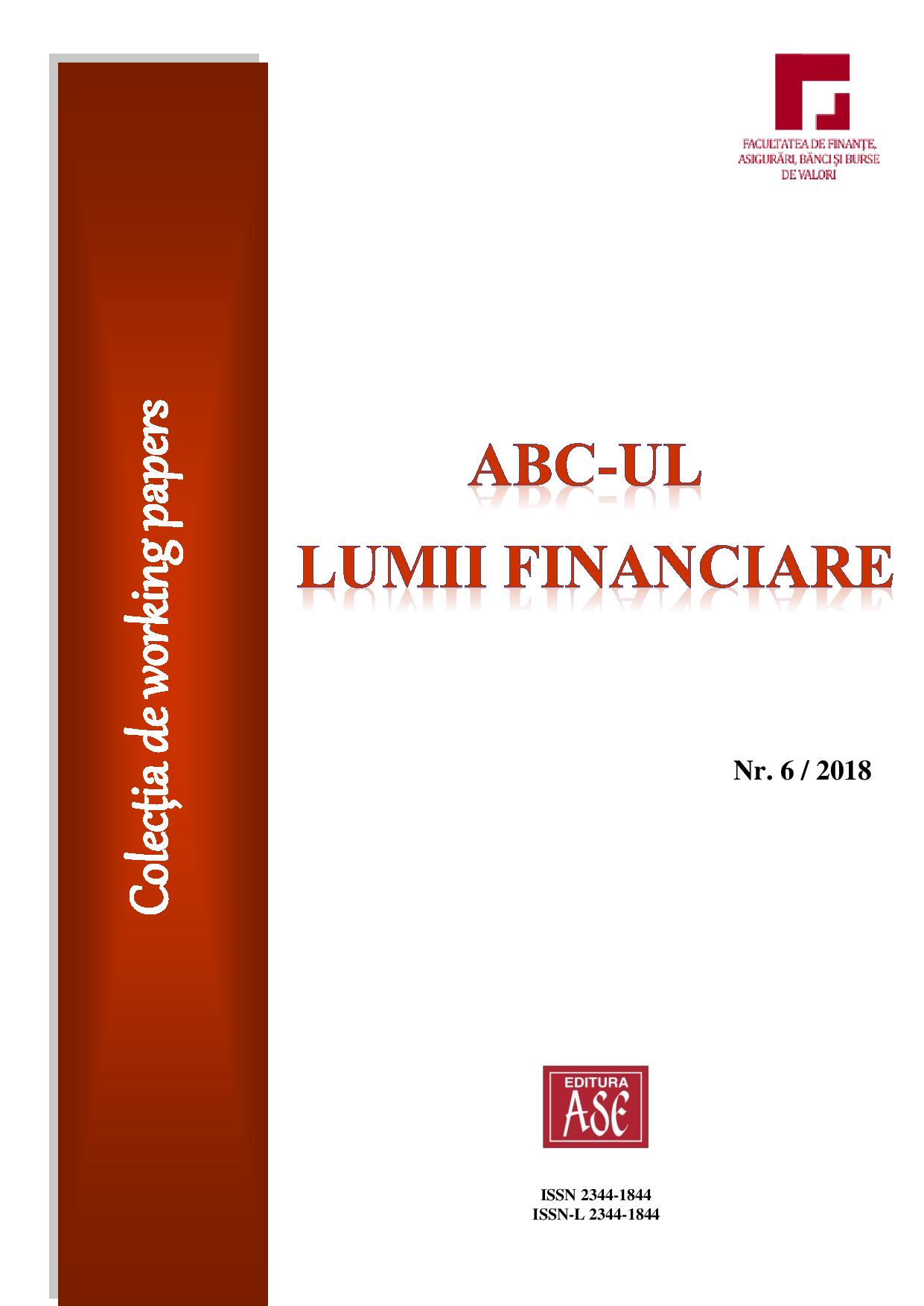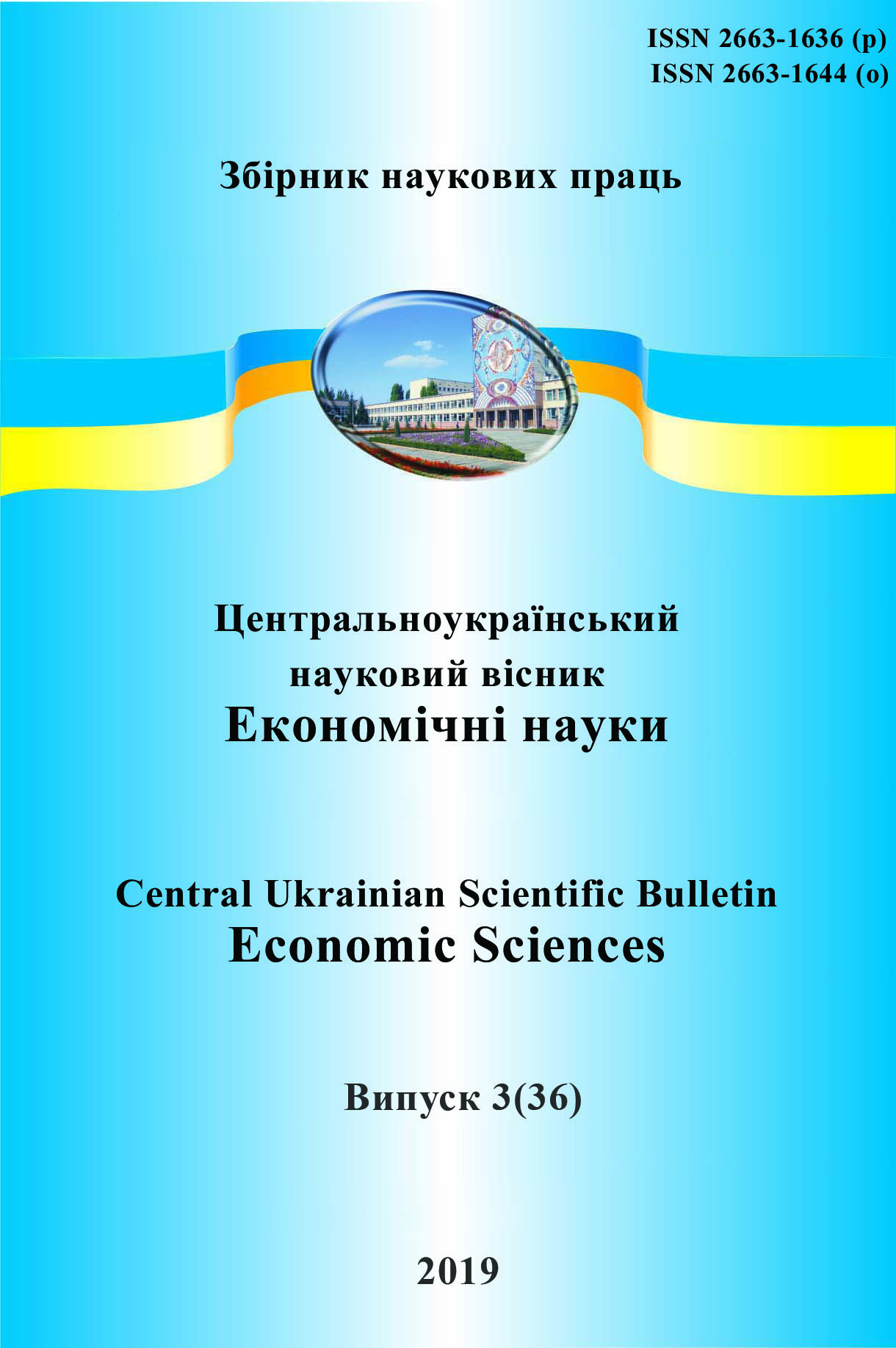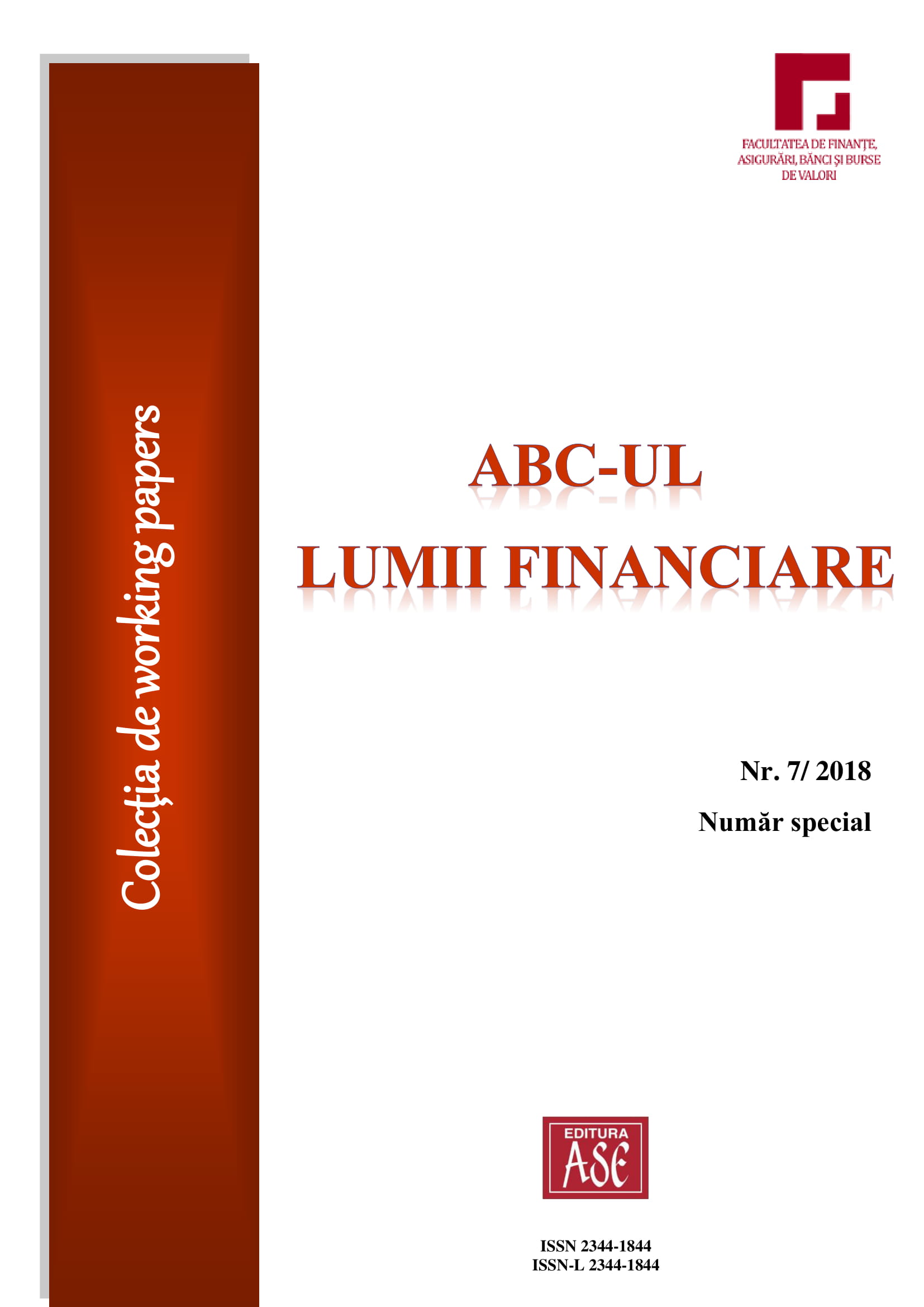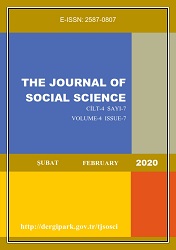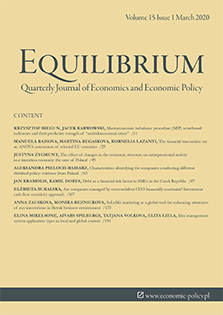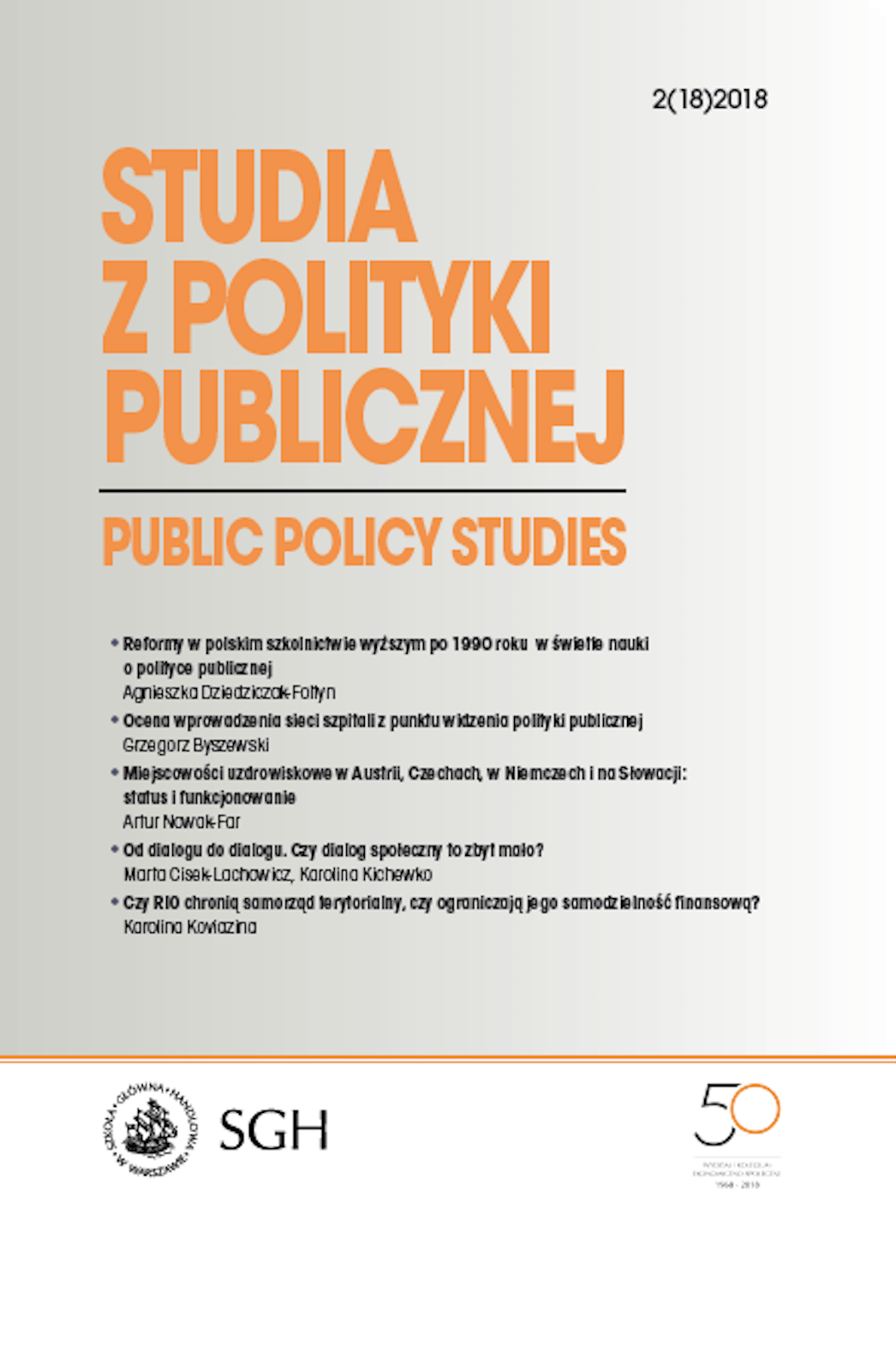
The Cohesiveness Policy of the European Union: multidimensional regionalization
European nations may expect years of positive transformation in the next half of the second decade of the 21st century, just after decades of economic and social instability. Such transformation would involve social, political and structural changes stimulated by societies' deep motivation and well defined expectations with regard to social and health issues. In this new (and soon to come) era of transformation, fulfilment of superior goals should serve the unity of the EU as well as joint internal and external safety. While using the cohesion policy as a tool to achieve those goals, policymakers must take all those new conditions into consideration. Effective support by means of detailed and complementary regional programs/ projects is surely required. Based on the above, we have to once more interpret the definition of regionalization. We must also demonstrate new dimensions of regionalization in relation to the cohesion policy.
More...
